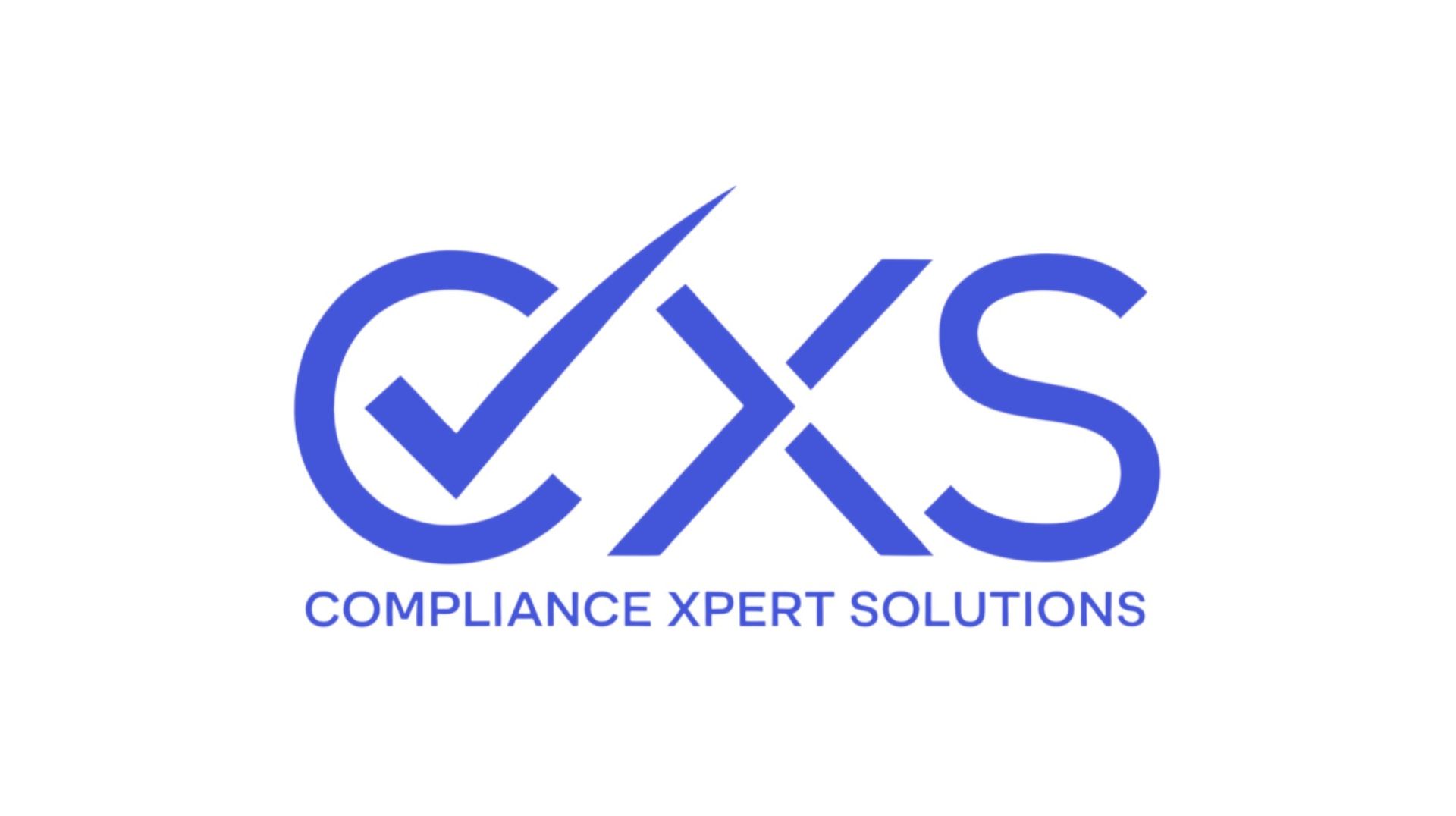Navigating International Compliance: A Comprehensive Guide for Canadian Businesses
Understanding the Importance of International Compliance
Expanding your business beyond Canadian borders is an exciting prospect, but it comes with its own set of challenges, particularly in the realm of international compliance. As a Canadian business, understanding and adhering to foreign regulations is crucial for ensuring smooth operations and avoiding legal pitfalls. Compliance involves adhering to laws and regulations that differ from one country to another, and these can cover a wide range of areas including taxation, employment, data protection, and environmental standards.
For Canadian businesses, the key to successful international expansion lies in thorough research and planning. This involves understanding the legal requirements of each target market and developing strategies to meet them. Failure to comply can lead to fines, reputational damage, and even the shutdown of business operations in the foreign country.

Key Areas of International Compliance
Taxation and Financial Reporting
One of the primary areas of concern when navigating international compliance is taxation. Different countries have diverse tax laws, and Canadian businesses must be well-versed in these to avoid penalties. Understanding the tax obligations in your target market includes knowing the corporate tax rates, filing requirements, and any applicable treaties between Canada and the host country that might simplify processes.
In addition to taxation, businesses must also adhere to financial reporting standards. Some countries may require specific accounting practices or disclosures, which could differ significantly from Canadian standards. It's essential to engage with local financial experts or consultants who can guide you through these complexities.

Employment Laws and Practices
When expanding internationally, understanding and complying with local employment laws is vital. These laws govern areas such as hiring practices, employee benefits, work hours, and termination procedures. Canadian businesses must ensure they are not only compliant but also culturally sensitive to local workplace norms.
Creating a comprehensive employee handbook that reflects both Canadian standards and local regulations can be a beneficial step. This document should cover all aspects of employment from recruitment to termination while ensuring fairness and compliance with international standards.

Data Protection and Privacy Regulations
With the digitalization of business operations, data protection has become a crucial component of international compliance. Many countries have stringent data protection laws that govern how businesses collect, store, and use personal data. The European Union's GDPR is one example of such legislation that Canadian businesses must comply with if they operate within EU member states.
Ensuring compliance with these regulations involves implementing robust data protection policies and processes. Businesses should conduct regular audits to identify potential vulnerabilities and make sure that all employees are trained on data protection best practices.
Environmental Compliance
Environmental regulations vary widely across different countries, and non-compliance can result in severe penalties. These laws often pertain to pollution control, waste management, and resource conservation. For Canadian businesses, aligning operations with these regulations not only avoids fines but also supports corporate social responsibility goals.
Engaging with local environmental consultants can provide valuable insights into the specific requirements of your target markets. Implementing sustainable practices not only ensures compliance but also enhances your brand's reputation globally.
Strategies for Ensuring Compliance
To effectively manage international compliance, Canadian businesses should consider several key strategies. First, conducting a comprehensive compliance risk assessment can help identify potential areas of concern. This involves reviewing all aspects of your operations against the regulatory frameworks of each market.
Additionally, establishing a dedicated compliance team or appointing a compliance officer can centralize efforts and ensure that all departments are aligned with international regulations. This team should stay updated on changes in laws and implement necessary adjustments promptly.

Finally, leveraging technology such as compliance management software can streamline processes and reduce manual errors. These tools can automate monitoring and reporting tasks, ensuring that you remain compliant without overburdening your staff.
In conclusion, navigating international compliance requires diligence and proactive planning. By focusing on key areas such as taxation, employment laws, data protection, and environmental standards, Canadian businesses can confidently expand their operations while mitigating risks associated with non-compliance.
